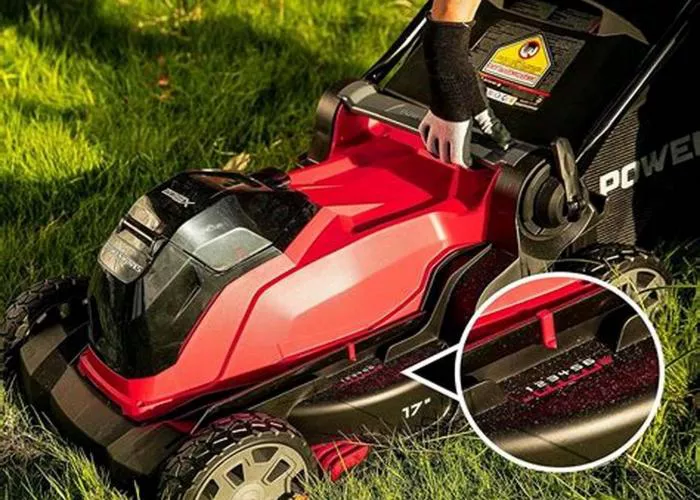The landscaping industry is embracing a new era of efficiency as innovative mowing technologies reduce labor demands and environmental impact. Today’s advanced mowers offer smarter solutions for maintaining residential lawns, commercial properties, and public green spaces.
From Push Mowers to Smart Systems
Early lawn maintenance relied entirely on manual push mowers that required significant physical effort. The introduction of gas-powered models in the mid-20th century brought increased productivity but came with drawbacks like emissions, fuel costs, and frequent maintenance. The latest generation of mowers addresses these issues with electric power, autonomous operation, and intelligent features.
Cutting-Edge Features in Modern Mowers
Precision Navigation Systems
Many current models incorporate GPS technology and advanced mapping capabilities to optimize mowing patterns. These systems can remember lawn layouts, avoid obstacles, and adjust schedules based on grass growth patterns.
Eco-Friendly Power Options
Battery-powered mowers have become increasingly popular due to their quiet operation and reduced emissions. Lithium-ion batteries now offer longer runtimes and faster charging compared to older models. Some manufacturers have also introduced hybrid systems that combine the benefits of electric and gas power.
Self-Operating Models
Robotic mowers can now handle complex terrain independently using sensor arrays and adaptive programming. These units work quietly in the background, making them ideal for residential areas and noise-sensitive environments like schools and hospitals.
Practical Benefits for Users
Lower Operating Costs
While the initial investment may be higher, electric models can reduce energy costs by up to 50% compared to traditional gas mowers. The elimination of fuel purchases and reduced maintenance needs contribute to long-term savings.
Improved Lawn Health
Modern cutting systems provide more consistent results with adjustable height settings and sharper blades. Some models even analyze grass conditions to optimize cutting frequency and intensity.
Environmental Advantages
The shift to electric power significantly reduces emissions, with some studies showing battery-powered models produce up to 14 times less pollution. Quieter operation also helps minimize noise pollution in communities.
Overcoming Adoption Challenges
The transition to advanced mowing technology does present some hurdles. Users may need time to adapt to new operating systems, and repair services for high-tech components aren’t always readily available. Manufacturers are addressing these issues through improved user interfaces and expanded service networks.
Industry experts predict continued growth in this sector, with smart mower adoption expected to increase substantially in coming years. As technology advances, future models will likely incorporate more sophisticated automation and integration with other smart home systems.
This evolution in lawn care equipment reflects broader trends toward sustainable, efficient solutions for property maintenance. Both homeowners and professional landscapers now have access to tools that save time while reducing environmental impact.

